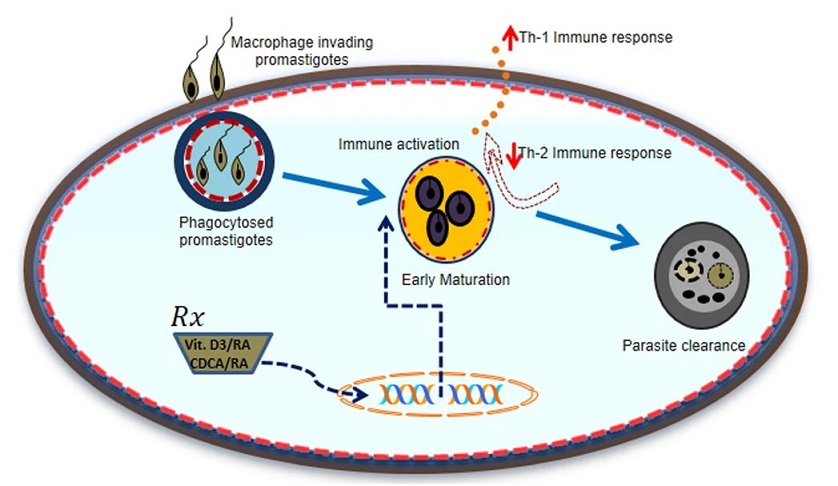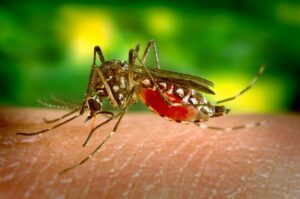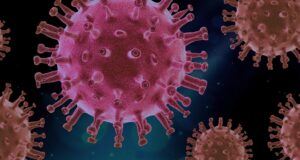Vitamin combo may help treat kala azar

A team of scientists at the Postgraduate Institute of Medical Education and Research, Chandigarh, have found that a combination of Vitamin A and Vitamin D3 could be used to treat kala azar.
The parasite causing kala azar mainly affects liver, spleen and bone marrow. There are only few drugs available for treatment and those available are expensive, cause toxicity and need parenteral administration over long periods. In addition, multi-drug resistant strains are emerging.
Researchers chose to study effects of the combination of the two vitamins since in recent times several studies have shown that vitamin molecules can also play a role as antidotes against infectious diseases. Specifically, vitamin A has been shown to prevent several ailments like diarrohea and respiratory diseases while vitamin D3 has been demonstrated to have therapeutic effects on various organs and tissues. The scientists also looked at viability of Vitamin A in combination with Chenodeoxycholic acid, which is a bile acid and which has been shown to prevent formation of gallstone.
” A main advantage of the combos over the existing treatment could be that they may be less expensive and be amenable to be administered orally ”
The two combinations were tested in mice. It was found that in mice administered with vitamin A-vitamin D3 combine, the load of kala azar parasite reduced by as much as 81 percent in liver and 75 percent in spleen as compared to the control group. The parasite load got reduced in mice given vitamin A-Chenodeoxycholic acid also but the effect was not that good. The parasite load in this group came down by only 45 percent in liver and 47 per cent in spleen.
The researchers then probed the immune modulatory response of the two combos by inducing kala azar infection in mice that had been treated with them. They found that the mice that were treated with vitamin A-vitamin D3 combo developed significant inhibition against the disease on the 21st day after the administration. The mice treated with vitamin A- Chenodeoxycholic acid combo did so on the 28th day. This indicates that the two combos could possibly be used as an adjunct to build immunity against the disease in people living in kala azar endemic areas. This could also be of use in treatment of kalaazar not responding to the commonly used drugs.
“We are excited with our findings. However, we need to conduct further studies before we can go in for clinical trials. A main advantage of the combos over the existing treatment could be that they may be less expensive and be amenable to be administered orally,” said Dr. Rakesh Sehgal, leader of the research team.
The study team included Dr. Venkateswara Reddy Gogulamudi, Dr. Mohan Lal Dubey, Dr.Ramesh Kandimalla, Dr. Deepak Kaul (PGIMER) and Dr. Donfack Jean Hubert (University of Dschang, Cameroon). The study results have been published in journal Scientific Reports.
Source credit: India Science Wire ( By Sunderarajan Padmanabhan, July 1, 2019)









